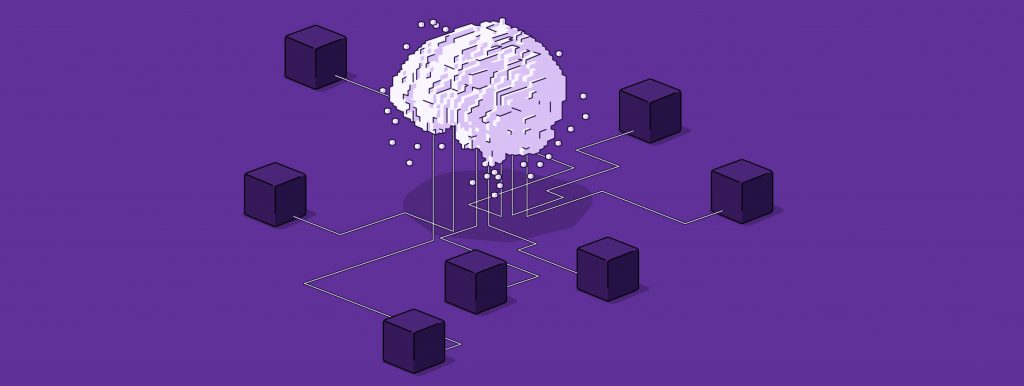Automation trend necessitates the implementation of Machine Learning algorithms in software solutions of all industries. What is an AI role in Retail?
Retail industry includes a number of working processes where AI can be applied. Big Data processing and analysis can improve customer service, quality of product and services, client loyalty and other aspects of Retail business. We have put the best practices in the checklist:
Assortment optimization
Machine Learning can help you in inventory management tracking the availability of products as well as suggesting the best ways of procurement. AI-driven tools consider anomalies in statistics including seasonality and rapidly growing demand. You can also vary assortment depending on location. For example, H&M uses Machine Learning to analyze where the particular product is popular and provide its permanent availability there.
Pricing strategy
You can use AI for analyzing various data: from customer preferences to pricing. You can track the price difference between products offered by you and your competitors to define the best pricing strategy. Usage of AI-driven tools for analysis also saves your resources speeding up the process. Results can be received in the form of numbers, widgets, short messages or charts.
Reputation marketing
AI is a powerful marketing tool that improves digital marketing strategy and helps you to manage your company’s reputation through monitoring and analysis. Machine Learning can help you to process big amounts of data identifying mentions and negative reviews. An algorithm can also tell you what products have a lack of reviews and need additional promotion. Ability to compare feedback about your services with competitors can become a great bonus.
Customer service
Implementation of AI can help you better understand your audience and breed trust that is a key element of quality customer service. AI can collect data about customer behavior and valuable feedback information that makes it easier for you to improve products and services. It has also become common for retailers to use chatbots on their websites to provide seamless customer support. Industry leaders have already started to use robots for in-store assistance. For example, ZARA uses robots to help clients pick up their orders: when they enter pickup code, the warehouse robot starts moving.
Advanced search
Machine Learning algorithms can improve product search on your website making it easier for your customers to find required items. For example, you can use the matchmaking mechanism to make personalized recommendations based on characteristics of individuals and their lifestyle preferences. Sephora has implemented Color IQ program to find a perfect shade for their skin using the customer’s face scan. Another innovative solution has been implemented by Neiman Marcus department store allowing shoppers to use photos of desired items to search for the same or similar products.
Decision making
Computer Vision capabilities can solve the imagination gap and give your customers the opportunity to try the selling items on, whether it is clothes, wallpapers or cosmetics. For example, Wizart has created an interior design solution that allows users to try on wallpapers in the real room taking a simple photo. It helps people who are planning home renovation reduce the stress connected with the choice of materials.
Exposit engineers create Retail software relying on Machine Learning algorithms and automation to improve your internal processes and increase sales. Contact us to learn detailed information about AI-driven Retail solutions with the use cases.






